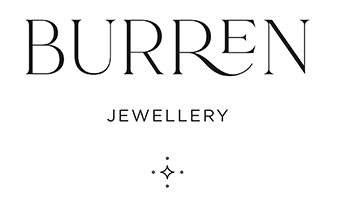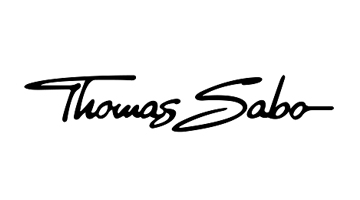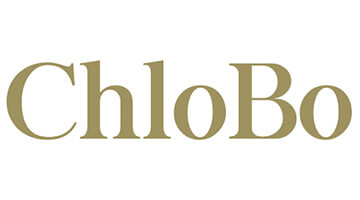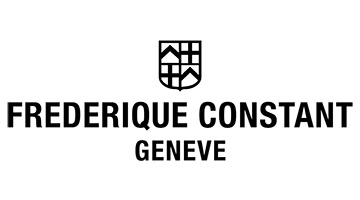
Guide to Birth Stones
THE R.J. BARBER GUIDE TO BIRTHSTONES
Every jeweller should stock a comprehensive range of birthstones as people show a great desire to have a piece of jewellery set with their own individual birthstone. Every month of the year has its own birthstone.

MARCH - AQUAMARINE
Aquamarine is a beautiful light blue-green stone. Its name actually means seawater. Aquamarines belong to the beryl family. These gemstones were very popular in Victorian times. Today aquamarines are generally set in white gold or platinum which enhances their beauty.
“They are said to facilitate communication and accentuate intellectual abilities as well as providing inner calm.”

JUNE - PEARL
Pearls are organic gems grown within oysters and a few other molluscs. A tiny stone is placed within the mollusc’s shell. The mollusc secretes nacre which is a lustrous substance that coats the stone. These are called cultured pearls. The rarest and most valuable pearls are ‘real’ pearls that occur without any human intervention.

SEPTEMBER - SAPPHIRE
Sapphire is a member of the corundum family just like the ruby. Sapphires are usually blue and range in colour from very dark blue to the beautiful cornflower blue stone. They are also found in pink, violet, black and brown.
“Sapphire is considered to be the gemstone of the soul and is thought to preserve the wearer from envy and attract Divine favour.”

OCTOBER - OPAL
Opals are luminous and iridescent, frequently with inclusions of many colours. Opal is a mineral composed of non-crystalline silica and is a species of quartz. There are three major types of opal- common opal, opalescent precious opal (white or black with a rainbow-like iridescence caused by tiny crystals of cristobalite) and fire opal. Fire opal is a clear bright gemstone fiery orange to red in colour with no opalescence.

DECEMBER - TANZANITE
Tanzanite is a rare and precious gem variety of zoisite. It is a blue-violet colour making it dichroic, displaying two colours. It is only found in the north of Tanzania nowhere else in the world. The other two gemstones for December are Zircon and Turquoise. Zircon is a lustrous gem that comes in colours from golden brown to red to violet and Blue. Turquoise is an opaque porous stone that is usually cabochon –cut .Oil from the skin may be absorbed by the Turquoise changing the colour slightly.
“Folklore says that the wearer of Turquoise will be free from depression and financial worries”.


























